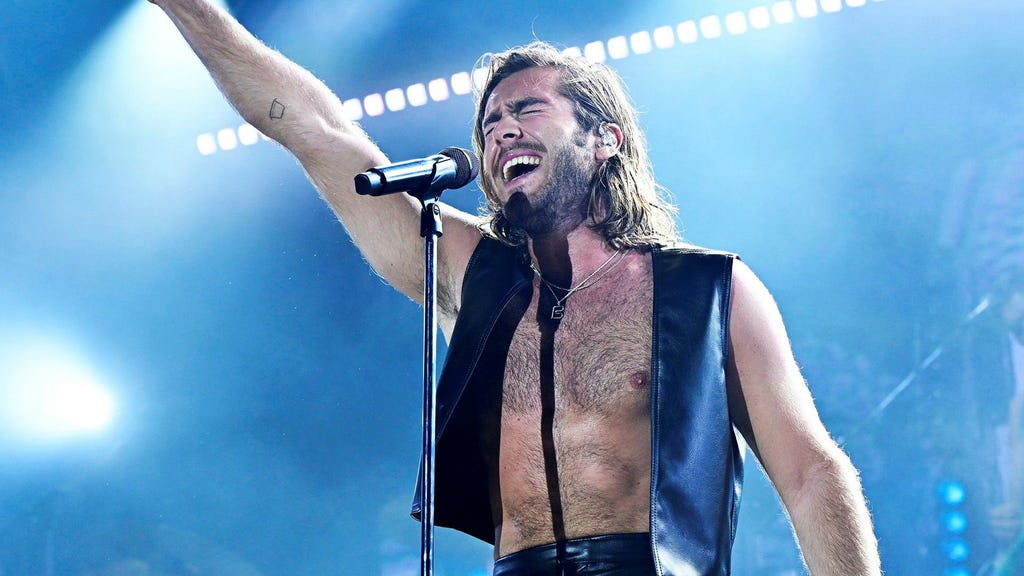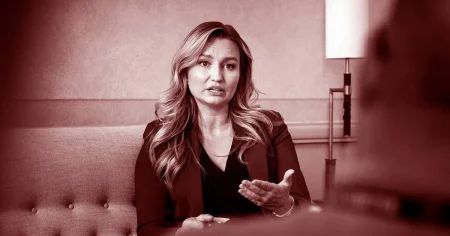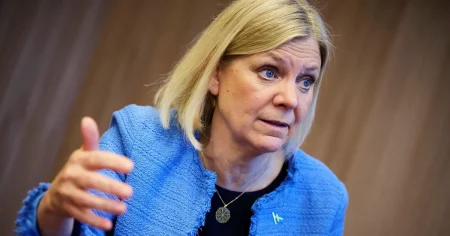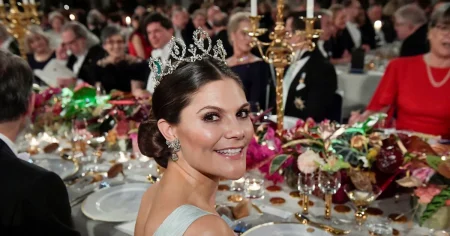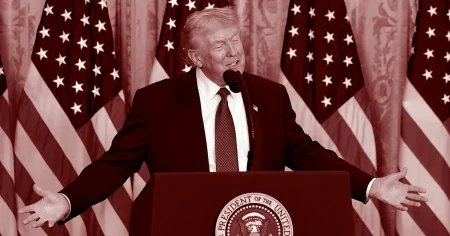Benjamin Ingrosso’s candid revelation about his lifelong struggle with disordered eating on the podcast ”Värvet” sheds light on a critical yet often overlooked issue: men’s body image and eating disorders. Ingrosso’s story, marked by childhood weight fluctuations and a persistent preoccupation with his appearance, highlights the insidious nature of these conditions and how they can quietly fester even amidst outward success and apparent physical perfection. The singer’s admission that his daily mood and food intake are dictated by the image he sees in the mirror, coupled with his anxieties about appearing “puffy” on stage, underscores the immense mental burden he carries despite his seemingly charmed life. This vulnerability, displayed by a prominent figure like Ingrosso, is invaluable in challenging the pervasive silence surrounding male body image issues.
The host’s reaction to Ingrosso’s confession, a well-intentioned but ultimately dismissive comment about his god-like appearance, inadvertently exemplifies the widespread misunderstanding of male body image struggles. While meant to reassure, the response minimizes the very real emotional distress Ingrosso experiences. It reflects a common societal blind spot: the assumption that conventionally attractive men are immune to the insecurities and anxieties that plague those deemed less physically fortunate. This reaction starkly contrasts with how a similar confession from a woman might be received, highlighting the double standard that pervades conversations about body image and eating disorders. The implicit question arises: would such a dismissive response be deemed acceptable if the individual grappling with these issues were female? The answer, undoubtedly, is no.
This disparity in perception stems from deeply ingrained societal norms and expectations surrounding masculinity. While society is becoming increasingly adept at recognizing and discussing female body image issues, male struggles remain largely shrouded in silence. This silence is further compounded by the fact that many men themselves fail to recognize their disordered eating behaviors as problematic. The pursuit of muscularity and ”fitness,” often encouraged and even celebrated in male culture, can easily mask underlying anxieties and unhealthy obsessions with food and body image. Behaviors like meticulously calculating calories and adhering to rigid dietary restrictions, often associated with ”clean eating” or ”dieting,” can be precursors to full-blown eating disorders.
The prevailing emphasis on protein consumption and rigorous exercise regimens, often seen as hallmarks of a healthy lifestyle, can inadvertently normalize and even glorify disordered eating patterns in men. The ”bro science” surrounding bodybuilding and fitness often promotes extreme dietary restrictions and intense workout routines, blurring the line between healthy habits and obsessive behaviors. The cultural acceptance of such practices makes it difficult for men to identify and address their unhealthy relationships with food and exercise. This is further complicated by the fact that men are generally less likely to seek help for mental health issues, let alone those perceived as traditionally ”feminine” like eating disorders.
The prevalence of jokes among gym-going men about developing body image issues as they pursue muscle gain, while seemingly lighthearted, points to a deeper and more troubling reality. These jokes reveal an underlying awareness of the psychological toll that the pursuit of physical perfection can take. However, translating this awareness into concrete action, breaking free from the cycle of obsession, and seeking help remains a significant challenge. The fear of appearing weak or vulnerable, coupled with the societal pressure to maintain a stoic facade, often prevents men from acknowledging their struggles and seeking the support they need. This perpetuates the cycle of silence and reinforces the stigma surrounding male eating disorders.
Ingrosso’s willingness to speak openly about his experiences, especially given his public persona and success, is a significant step towards breaking down these barriers. His honesty and vulnerability have the potential to resonate with a large audience, particularly young men who are bombarded with unrealistic body ideals. By sharing his story, Ingrosso not only validates the experiences of other men struggling with similar issues but also opens the door for a much-needed conversation about male body image, mental health, and the complexities of eating disorders. His bravery and candor have the power to catalyze a shift in societal perceptions and create a more supportive and understanding environment for men to seek help and embrace a healthier relationship with their bodies.





